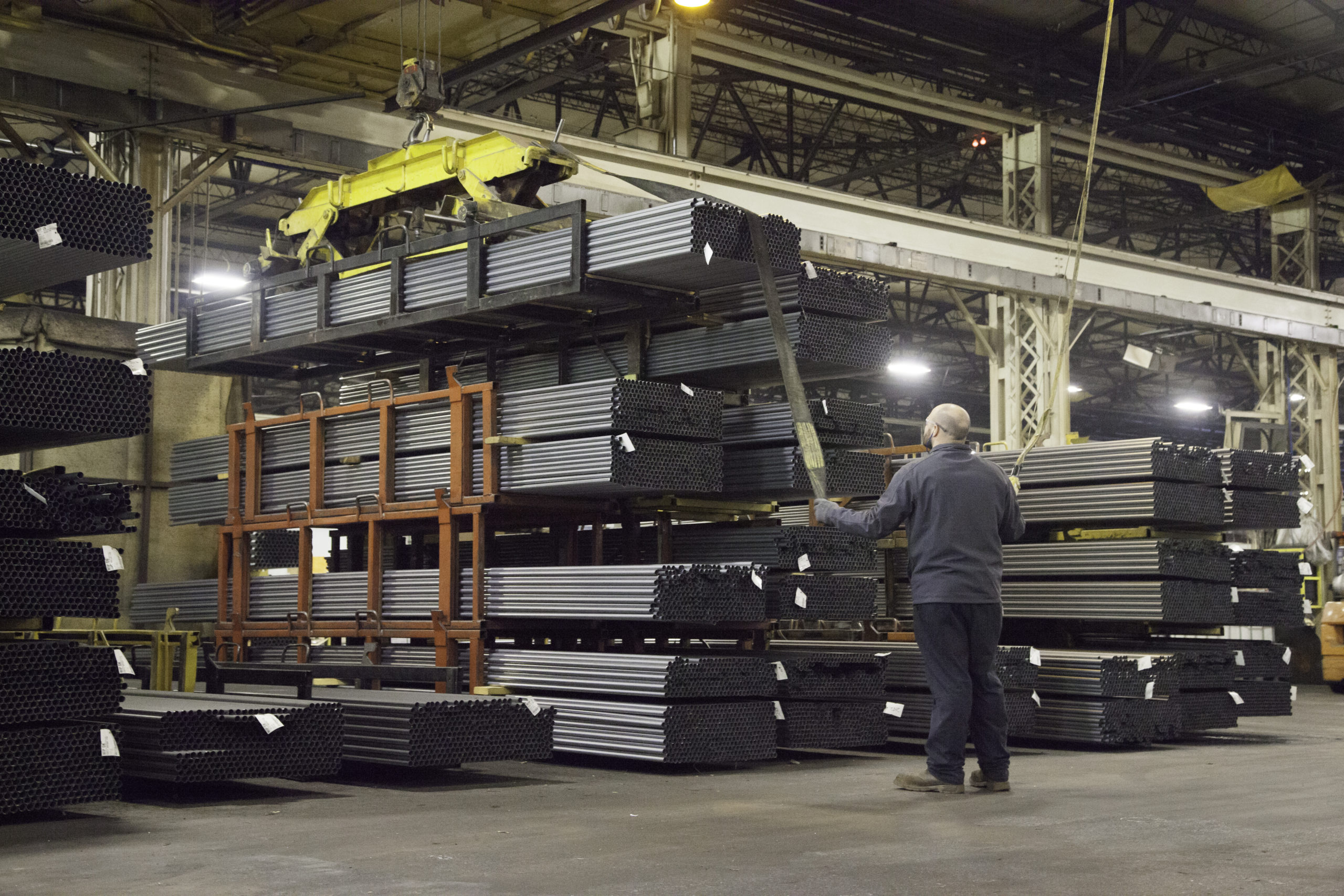For over 20 years, companies have been moving toward globalization of the supply base.
The main driver for globalization? Low-cost country sourcing, a strategy that companies worldwide use to lower overall costs.
In today’s markets, companies, like auto manufacturers, depend on their global supply base to ensure close proximity to critical markets. The customer’s expectation is that when they grow, their suppliers will grow right within their backyards.
But that’s not the only way global suppliers operate. Enter the Phillips Tube Group.
As tough as our steel tube is, it’s not immune to customs.
While we currently support seven countries outside the United States, we don’t have a single steel mill outside the red, white and blue. As you can imagine, this presents a host of challenges, such as forecasting, foreign technology, language barriers, trade regulations, etc. – the list goes on.
Here are some of the ways we overcome these complex global supply issues to help you avoid supply chain disruptions:
1. We plan for the unexpected with safety stock – on our turf or yours
Sure, we follow the customer’s guidelines for forecasting and supply, but we also take matters into our own hands and plan for the unexpected. How? We build safety stock in our inventory to ensure the supply chain has a continuous flow for unexpected increased orders from OEMs.
If you have the space, we’ll even build up a stockpile of product at your facility, which eliminates the need to expedite shipment altogether.
2. Stuck in customs? We’ll airfreight what’s on hand.
Over 35% of items shipped globally get stuck in customs. As tough as our steel tube is, it’s not immune to customs and border protection. When we need to airfreight product that’s stuck in customs, having on-hand inventory can be a savior.
3. We’re culturally fluent.
Cultural differences are a fact of life when working with foreign companies. That’s why we do our homework and rely on our years of experience in supplying countries like China and Mexico with quality steel tube.
Taking the time to study the culture and learn the native language makes for a smoother operation and helps us build trusting relationships around the world.
4. We’re master global logisticians.
Trying to ship overseas is quite the undertaking if you don’t have the experience. Countries, such as China, change regulations constantly, so it takes an expert to navigate the murky, regulatory waters and ensure compliance.
That’s why we’ve forged longstanding relationships with select carriers and brokers. They live and breathe importing and exporting, and take care of the complexities. In our experience, a Shipper’s Letter of Instruction (SLI) is one of the most important documents when trying to ship globally.
If not filled out properly, your product could be stuck at the port for a week or more. Paperwork issues are one of the main reasons products get hung up in customs.
